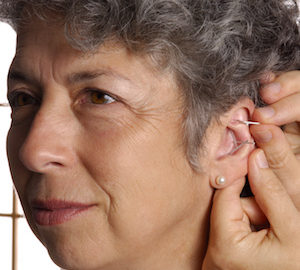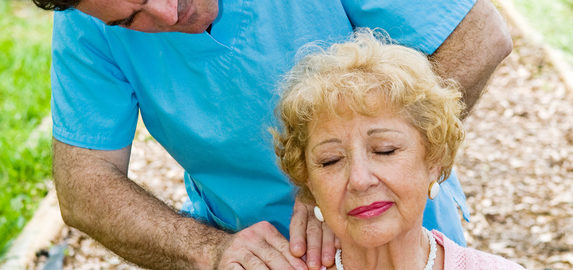Pain impacts everyone at some point. It can exist in multiple forms and can last for various durations of time. Methods for pain management also vary in as many ways. Because September has been designated as Pain Awareness month, understanding the various types of pain and their treatments can bring a stronger awareness to those suffering from pain and the people around them that are/have been affected by their conditions.
Acute Pain
Acute pain may be mild or severe, and it can persist briefly, for weeks or months. It is different from chronic pain in that it has a specific beginning and end, and its sensations decrease as healing occurs.
The pain typically happens quickly and without warning. It may be excruciatingly painful and can trigger noticeable reactions such as tears, sweating and elevated blood pressure. Acute pain generally settles when it has been treated, managed or relieved by medication. Muscle pain is one of the most common types of acute pain, impacting 53 percent of all Americans. Lower back pain, another common form of acute pain, is the fifth most common cause for all visits to a doctor or physician.
Experienced during flares when an injury or disease is most active, this acute pain is known as a “breakthrough” pain. It is triggered by tissue damage such as a skin burn or broken/fractured bone. It generally accompanies an illness, injury or surgery and can manifest in almost any part of the body.
Chronic Pain
If not treated properly or quickly, acute pain can become chronic pain. Chronic pain is long-standing pain that can last for an indefinite amount of time, often beyond the expected recovery period for an injury or illness. The pain itself can be continual or intermittent. Considered the number one cause of long-term disability in the United States, it affects over 76 million Americans – more than cancer, heart disease and diabetes combined. It also:
- ● is often hard to control and difficult to treat or get rid of;
- ● can impact every aspect of a person’s life and his/her family;
- ● can be very stressful on the body, both physically and mentally, and can require a great deal of attention to be treated effectively; and
- ● can be stressful for professional care providers seeking to provide assistance.
Chronic pain can be caused by various injuries and illnesses, including fibromyalgia, lower back problems, arthritis, cancer, repetitive stress injuries, sciatica (which can be chronic or acute), headaches, shingles, nerve conditions and diabetic neuropathy.
Pain Management Through Acupuncture
Whether the pain is from a past sports injury or chronic illness such as fibromyalgia, the methods for pain management vary greatly. First, seek guidance from a primary physician regarding a pain management plan.
While traditional treatment methods typically include medications such as non-steroidal anti-inflammatory drugs (aspirin and ibuprofen), acetaminophen or steroids, acupuncture can be extremely beneficial in alleviating physical pain symptoms, including:
- ● Back and neck pain
- ● Osteoarthritis
- ● Shoulder pain
- ● Chronic headaches and migraines
- ● Muscle spasms and pain
- ● Postoperative dental pain
Acupuncture can also be beneficial for patients undergoing cancer treatment, according to studies from the National Cancer Institute. Acupuncture treatment has been known to speed up recovery as well as lessen pain after chemotherapy sessions. While more research will be helpful, research supports acupuncture therapy as a viable, holistic adjunct treatment.
Acupuncture Balanced Health
Acupuncture Balanced Health wants to be your primary source of pain management and treatment. We are dedicated to reducing your particular pain symptoms and improving your quality of life. Our expert team utilizes both traditional Chinese and integrative medicines, along with proven acupuncture research, to create successful, personalized treatment programs. Contact us for a consultation today.















